
Reputation Economics
Why Who You Know Is Worth More Than What You Have
ISBN: 9781137278623
Pages: 256
Recommendation
Technology expert and futurist Joshua Klein speculates on the economic impact of the Internet. He conceives an economic world where reputation plays a part in every exchange; web-based commerce circumvents established institutions; and the Internet resurrects barter, gifting and personal relationships. And Klein’s not far off the mark: Crowdfunding, cloud computing and Bitcoin already exist. But his speculations that major geopolitical institutions will collapse under reputation-heavy innovators seem far-fetched, and his arguments suffer from his blog-like format, wandering style and shortage of empirical evidence. Nonetheless, getAbstract sees valuable insights and imagination in Klein’s iconoclastic projections and recommends them to economists, executives and futurists.
Summary
About the Author
Technology expert and former National Geographic television host Joshua Klein writes and consults on innovation and network value.


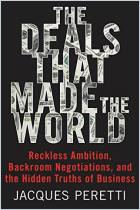
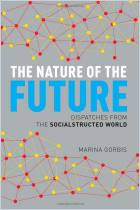
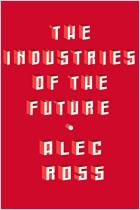
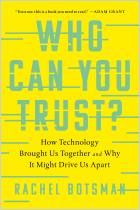
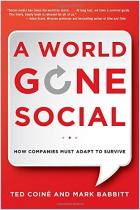
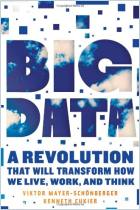



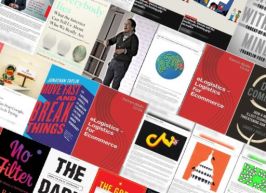

Comment on this summary